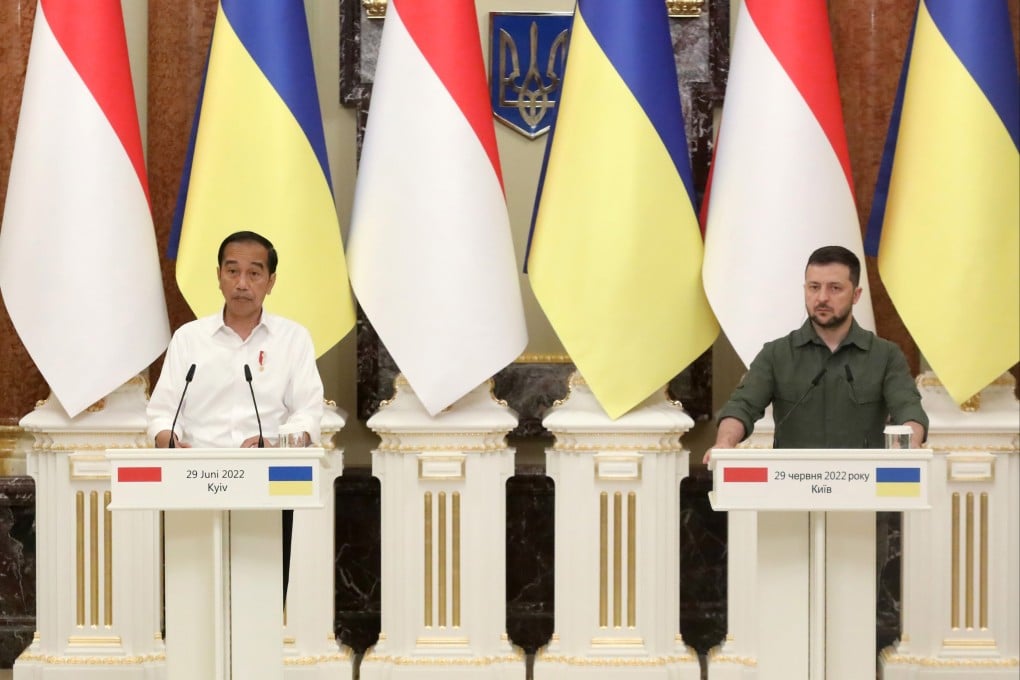Advertisement
Inside Out | G20 in Bali is a big moment for middle powers like Indonesia, and a chance for Joko Widodo to shine
- Indonesia has a valuable role to play at a time of bellicose US-China relations and the war in Ukraine
- As G20 host, Indonesia’s president has worked to prevent the war from overwhelming the summit, and prefers to focus on tackling pragmatic economic issues
Reading Time:3 minutes
Why you can trust SCMP
2

Speaking at a COP27 session on tracking carbon emissions, UN Secretary General Antonio Guterres had what every diplomat must regard as a nightmare moment. “The world is losing the race against the climate crisis, but I am hopeful because of you,” he opened. Then he paused, and flipped through the speech: “I think that I was given the wrong speech.”
A flurry followed and a fresh bundle of pages was handed to him. He apologised: “I am going to speak to a group of young people afterwards.”
It is a wonder in this peak season for global diplomacy that such mistakes don’t happen more often. From Sharm el-Sheikh, many of the world’s leaders will be flying to Bali for the G20, which starts on Tuesday, and on to the Apec Leaders’ Meeting in Bangkok. Many in our region will have missed COP27 because of the need to join the Asean summit in Phnom Penh last week.
Advertisement
While it is easy to dismiss this merry-go-round of jaw-jaw, such summits can provide a critical underpinning to multilateral efforts to tackle common issues like global warming, food security, worldwide inflation and the impending recession.
They may be particularly important after a two-year drought of face-to-face meetings because of the Covid-19 pandemic.
Advertisement
For some leaders, this is where legacies are built. And for none more so than Indonesia’s President Joko Widodo, who prepares to host at least 17 world leaders in the calming tropical setting of Bali for the Group of 20 summit. Accounting for 60 per cent of the world’s population, 80 per cent of global gross domestic product and 75 per cent of trade, few summits can have more influence.
Advertisement
Select Voice
Select Speed
1.00x
